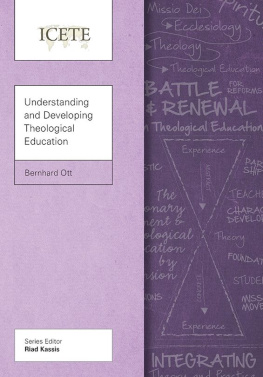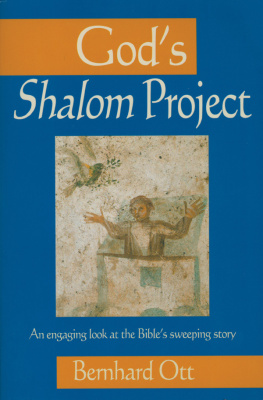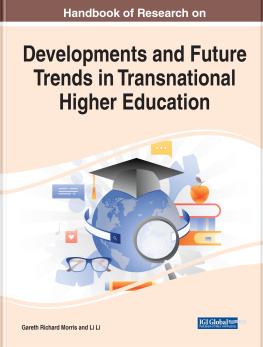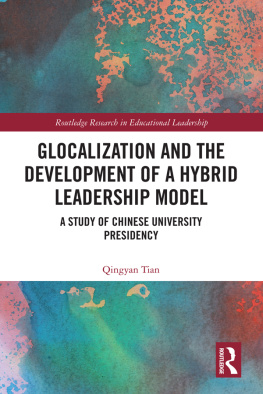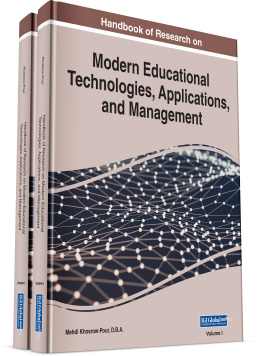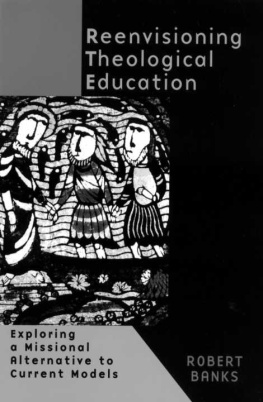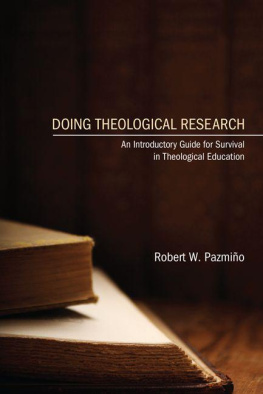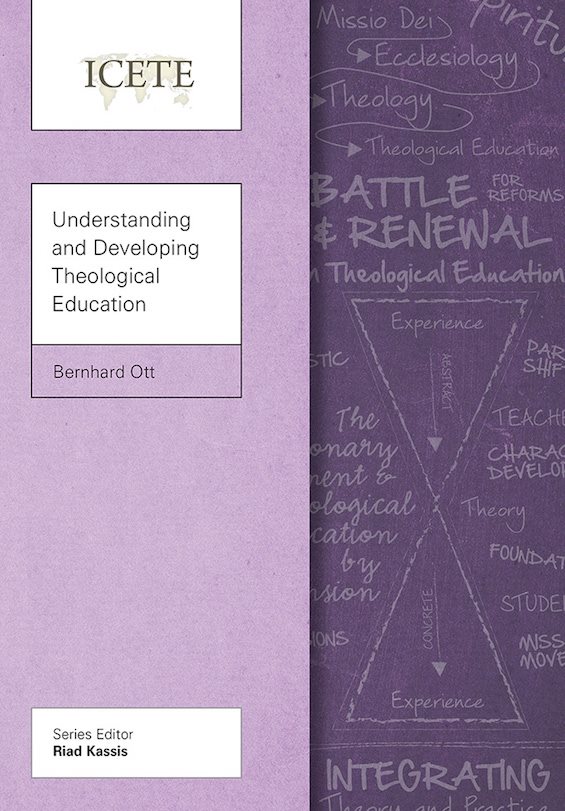Theology and Education have come together in recent years to form the discipline of theological education. Dr Bernhard Ott brings a lifetime of reading and research, teaching, educational leadership and international collaboration to his book Understanding and Developing Theological Education. His professional involvement in three educational mega-systems (UK, EU, USA) reveals first-hand knowledge of their inner workings and interrelations. He also reveals to the reader the foundational Germanic tradition in theological education, often little known by non-German readers. Dr Ott also has broad international experience in the European Evangelical Accrediting Association (EEAA) and the International Council for Evangelical Theological Education (ICETE), and is well acquainted with ecumenical theological education.
The result: a clearly-written and comprehensive textbook for theological education, a resource for many years to come. A must-read for theological educators, students and leaders; for all who wish to understand better how theology can be educational and education theological.
Understanding and Developing Theological Education
Bernhard Ott
ICETE Series
2016 by Bernhard Ott
Published 2016 by Langham Global Library
an imprint of Langham Creative Projects
Previously published in German by Neufeld Verlag Schwarzenfeld in 2013, ISBN: 978-3-86256-041-7.
Langham Partnership
PO Box 296, Carlisle, Cumbria CA3 9WZ, UK
www.langham.org
ISBNs:
978-1-90771-388-0 Print
978-1-90771-386-6 Mobi
978-1-90771-387-3 ePub
978-1-78368-120-4 PDF
Bernhard Ott has asserted his right under the Copyright, Designs and Patents Act, 1988 to be identified as the Author of this work.
All rights reserved. No part of this publication may be reproduced, stored in a retrieval system or transmitted, in any form or by any means, electronic, mechanical, photocopying, recording or otherwise, without the prior written permission of the publisher or the Copyright Licensing Agency.
All Scripture quotations, unless otherwise indicated, are taken from the Holy Bible, New International Version, NIV. Copyright 1973, 1978, 1984, 2011 by Biblica, Inc. Used by permission of Zondervan.
British Library Cataloguing in Publication Data
A catalogue record for this book is available from the British Library
ISBN: 978-1-90771-388-0
Translated from German by Tom Keefer:
Cover & Book Design: projectluz.com
Langham Partnership actively supports theological dialogue and a scholars right to publish but does not necessarily endorse the views and opinions set forth, and works referenced within this publication or guarantee its technical and grammatical correctness. Langham Partnership does not accept any responsibility or liability to persons or property as a consequence of the reading, use or interpretation of its published content.
Converted to eBook by EasyEPUB
Preface
The former rector of the University of Basel, theology professor Ulrich Gbler, probably reflected the thinking of many when he said, Our university currently looks like a construction site. That has generally been the case in the world of theological education in recent decades. Ive been at work on this construction site for more than thirty-five years. And because I originally worked as an architect before I became a theologian, Ive had considerable experience with construction sites. However, I was thrown into the role of academic dean without having had the opportunity to receive any training for this task. In fact there was and is no course of study to train as an academic dean. I know that many others have had similar experiences. Being president of a theological seminary, or academic dean, or rector these are jobs you learn by doing.
Friends and colleagues encouraged me to utilize my years of experience and reflection by writing this handbook of theological education during my sabbatical year in 20052006. I could make good use of many lectures that I had given and essays I had written over the years, not the least of which was my doctoral dissertation on this topic.
This handbook is about the leadership and curriculum development of theological education. The volume is written primarily for those who are in leadership roles at theological schools and training institutions, and more generally for those who serve as instructors, professors, and administrators, as well as those who serve as governing board and advisory council members. Students, too, may find it of value in their reflections on the purpose of their studies. This work intends to lay a theoretical foundation and give practical suggestions for the formation and design of theological education.
I write with a perspective that is intentionally broad, international, and diverse. I take my cue from a volume published by the World Council of Churches, An International Directory of Theological Colleges 1997, which catalogues more than one thousand educational institutions on six continents. Included are theological faculties of universities, theological seminaries and colleges, as well as Bible schools and Bible institutes. These institutions are divided into six categories, from 12 year non-degree programs (Level 1) to doctoral programs (Level 6). The entire spectrum is in view here. However the following chapters will more precisely define what theological education is and is not.
The points of emphasis that may be evident in this handbook arise from my own sphere of knowledge and experience. In 2006 (first German edition) I was writing as the leader of a small free-church theological seminary in Switzerland (Theologisches Seminar Bienenberg). Non-university-based theological education in German-speaking Europe is therefore my starting point. However, theological education as a whole cannot be properly understood without awareness of the university system and tradition, therefore these will also be referenced.
In addition, my own theological education has had an international dimension, and I have always understood my teaching and leadership roles within an international context:
Studies in North America (masters program) and England (doctoral studies).
International network within the Mennonite World Conference. Visits to various theological schools in North America and in Paraguay. Regular inner-European contacts (Switzerland, Germany, France, the Netherlands). Participation in the Consultation on Theological Education on Five Continents of the Mennonite World Conference 1997, Calcutta, India.
Guest lecturer at Insituto Biblico Asuncin and at Centro Evanglico Mennonita de Teologia de Asuncin, both of which are part of the theological faculty of the Universidad Evanglica del Paraguay.
Doctoral study at the Oxford Centre for Mission Studies. Topic: Mission Studies in Theological Education: A Critical Analysis of Mission Training in Evangelical Bible Colleges and Seminaries in German-Speaking Switzerland from 19601995.
Connections within the European Evangelical Accrediting Association (EEAA) and also with the International Council for Evangelical Theological Education (ICETE).
In the 1990s, one of my main responsibilities was to lead our seminary through a number of accreditation processes. First was the accreditation of the bachelors program by the EEAA. Following that was the validation of the masters program by the University of Wales. Both processes gave me familiarity with the mechanisms of accreditation and academic validation in an international context.

